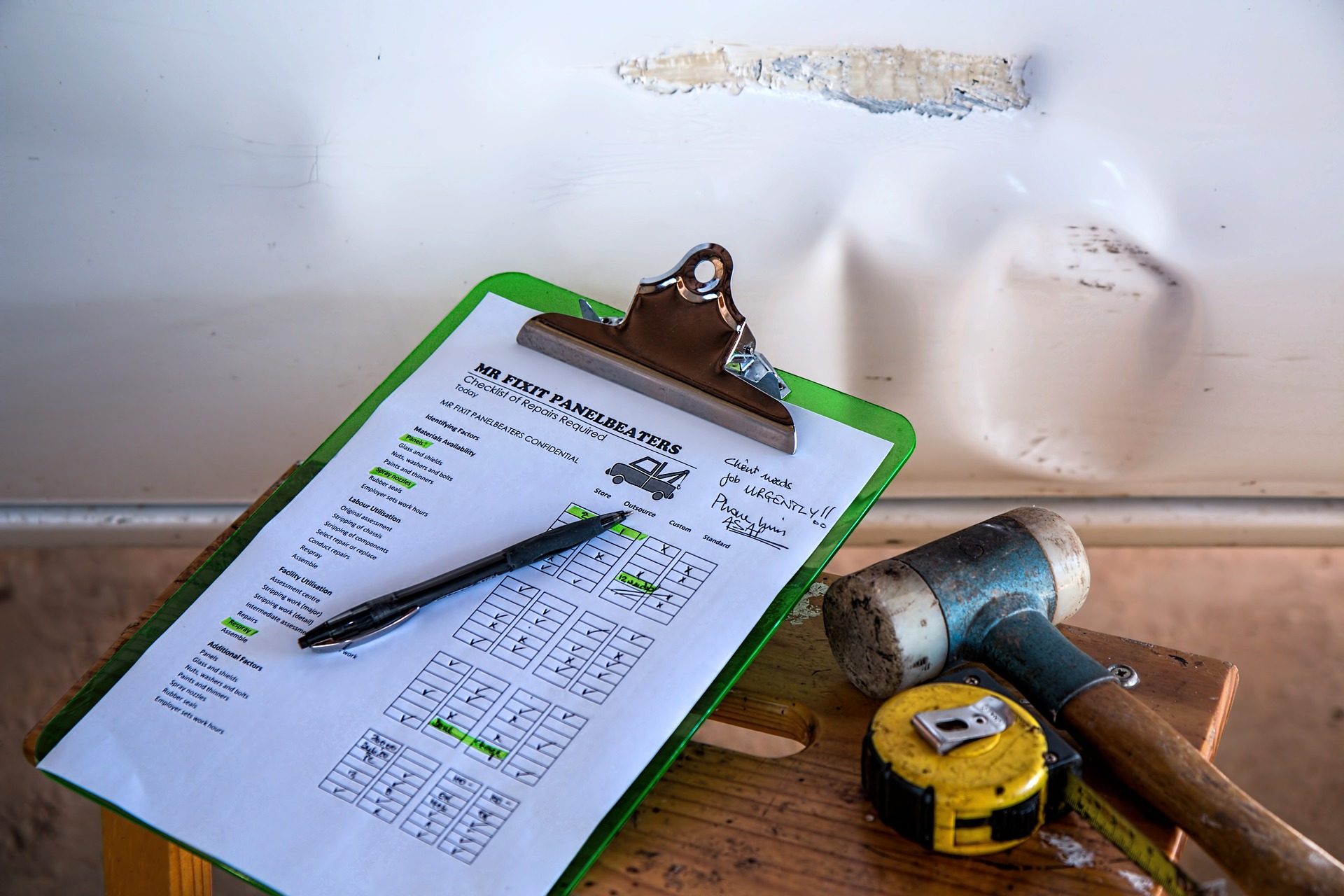You can be driving across an intersection and then another vehicle suddenly comes out of nowhere on the left side and smashes into the driver’s side of your car. Accidents like these do happen. Each year, millions of car accidents occur in the United States and Albany is no exception. It’s best that you know the steps you need to take when you get into a car accident. Here are some tips on what to do when you’re involved in a car accident in Albany.
Different Ways To Handle A Car Accident In Albany
1. Action plan:
First things first, here is a rundown of the actions you need to take immediately after a car accident:
Step 1: Check if you have injuries.
Step 2: Check if your passengers are fine or have injuries that need to be addressed.
Step 3: Get to a safe place (park your car on the side or get out of your car if it is severely damaged).
Step 4: Call for help and call 911 immediately.
Step 5: Wait patiently for medics and the police to come and assist you.
Step 6: Exchange information with the other driver involved in the accident.
Step 7: Document the accident by taking pictures, finding out exactly what happened, and getting witness statements.
Step 8: Inform your insurance company about the accident for you to be able to claim your insurance policy.
This will all be discussed in the next paragraphs in detail.
2. Address all safety concerns:
The car accident would surely come as a shock to you, but you have to stay alert. Your vehicle could be damaged, and the passengers including yourself could be injured. Immediately check yourself and the other people who are with you in the car. If someone is hurt, call for help and call 911 immediately. Afterward, turn on your emergency hazard lights and place your reflective device at the back of your car so other cars on the road are warned that there was an accident.
3. Report your accident:
After you have addressed all injuries and safety concerns, you must report your accident. You might not know, but under the New York law, you are required to report the accident and submit proof of insurance of all parties involved in the accident. Furthermore, if there was damage, injury, or death in the accident, you’re required to file a form with the New York DMV. Here are also some information that you have to take note of regarding the other party:
- Name
- Address
- Mobile number
- Insurance company
- Driver’s license number
- License plate
- Car make
- Car model and year
- Car color
Additionally, after you have addressed all safety concerns and gotten information regarding the car accident, try to take as many photographs of the scene as this may come in handy later on for the police report. In more serious cases, you might need a lawyer present to assist you on legal documents and representation when you file a police report. Call your family lawyer immediately if you need to. If you don’t have a lawyer yet, you can check out a law firm site online for legal assistance.
4. Contact your insurance company:
Once you have reported your accident and addressed all injuries, it’s now time to contact your insurance company. It’s essential to know what your insurance policy covers. Gather all requirements asked by the company and claim the coverage to help you save money on the repair of the damages on your car.
6. File a personal injury lawsuit:
If the car accident resulted in a serious injury, you might want to look into filing a civil lawsuit. Your insurance may only cover partial car damage repairs and medical expenses. In New York, you have around three years from your accident to file a lawsuit to cover the damages from the accident. You may wish to consult with a New York personal injury attorney as New York laws on injury and accidents are quite complex. You can check out Albany Courthouse pages and find more information about filing lawsuits.
Hopefully, you’ll never get into a car accident, but if you do, these are some tips that will prepare you for such an event. Simply apply the tips listed above, and you’ll be able to easily recover from a car accident.
Read Also:

























